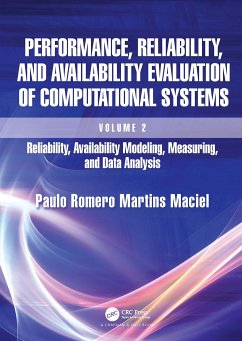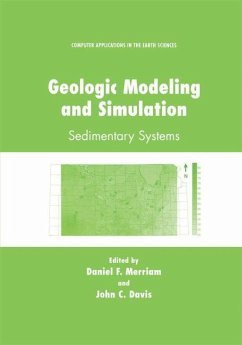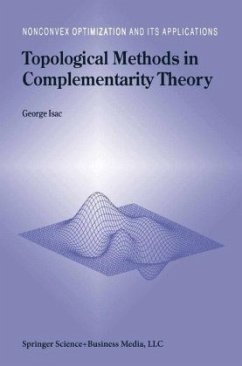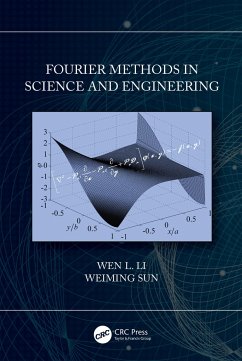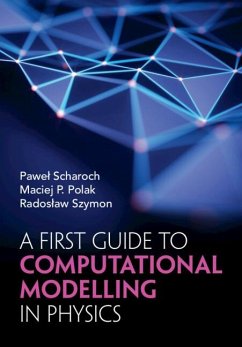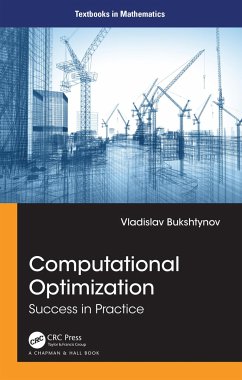
Gilbert Strang (Massachusetts Institute of Technology)
Gebundenes Buch
Computational Science and Engineering
Versandkostenfrei!
Versandfertig in 2-4 Wochen

PAYBACK Punkte
55 °P sammeln!




This book encompasses the full range of computational science and engineering from modelling to solution, whether analytic or numerical.
Gilbert Strang received his Ph.D. from UCLA and since then he has taught at MIT. He has been a Sloan Fellow and a Fairchild Scholar and is a Fellow of the American Academy of Arts and Sciences. He is a Professor of Mathematics at MIT and an Honorary Fellow of Balliol College. Professor Strang has published eight textbooks. He received the von Neumann Medal of the US Association for Computational Mechanics, and the Henrici Prize for applied analysis. The first Su Buchin Prize from the International Congress of Industrial and Applied Mathematics, and the Haimo Prize from the Mathematical Association of America, were awarded for his contributions to teaching around the world.
Produktdetails
- Verlag: Wellesley-Cambridge Press, U.S.
- Seitenzahl: 750
- Erscheinungstermin: 1. November 2007
- Englisch
- Abmessung: 264mm x 200mm x 40mm
- Gewicht: 1560g
- ISBN-13: 9780961408817
- ISBN-10: 0961408812
- Artikelnr.: 26753652
Herstellerkennzeichnung
Libri GmbH
Europaallee 1
36244 Bad Hersfeld
gpsr@libri.de
Für dieses Produkt wurde noch keine Bewertung abgegeben. Wir würden uns sehr freuen, wenn du die erste Bewertung schreibst!
Eine Bewertung schreiben
Eine Bewertung schreiben
Andere Kunden interessierten sich für



